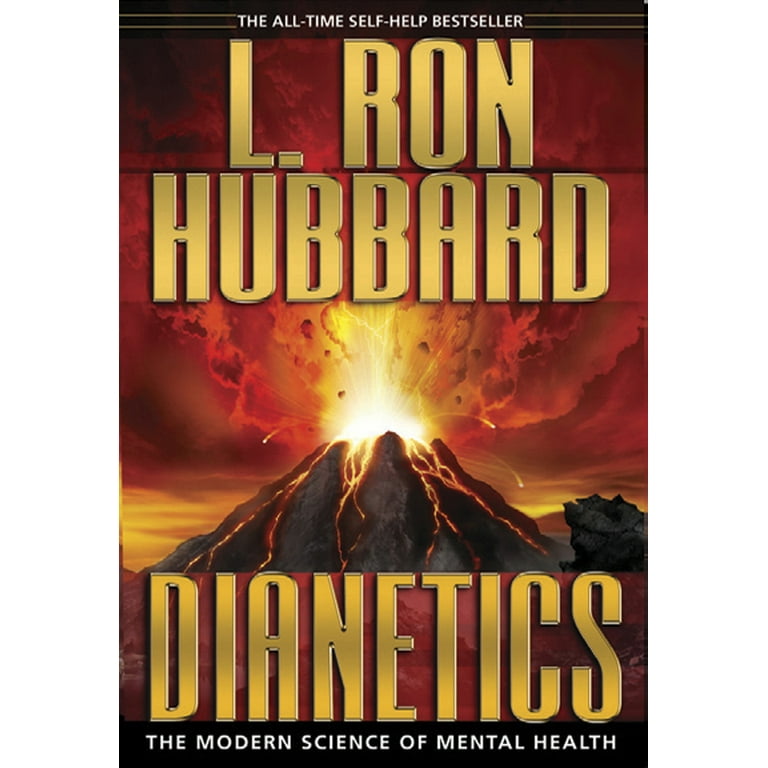The Main Principles Of Dianetics
The Main Principles Of Dianetics
Blog Article
Some Of Dianetics
Table of ContentsNot known Facts About DianeticsFacts About Dianetics RevealedMore About Dianetics7 Simple Techniques For Dianetics
I couldn't ever before not desire to obtain anything that enters your mind for you- if it was or else, I would not be sitting below with you, doing this. I not just can never ever have an issue, or otherwise intend to listen to something that enters your mind for you, but I'm entirely excited to recognize every concept, every thought, every image or feeling that arises or manifests for you- don't ever before assume or else, and if for some factor you do, please simply let me recognize! Sometimes, you may have a thought, and photo, concept or occurrence turn up that does not appear to answer the question, or connect to it, however nonetheless, constantly do tell me about it, and as we continue, the significance will emerge for you.This is inherent in the basis of handling, and the subject of this discussion: the standard roles of the therapist and the customer: The fundamental role of the counselor is, in contrast to "typical training", not to control, which means to impose and/or inhibit, yet to rather work from the basis of EMPOWERING THE CLIENT.

The Buzz on Dianetics
John Mcmasters expressed this basic truth splendidly well in one of his lectures on Power processing, where he clarifies exactly how he was asked what this "unique flair" was that he had for giving such wonderful sessions; he had to think of that for a minute, and identified that it was what he had not been doing, in addition to what he was doing: he had not been reviewing, judging, computing, or actually, generating any kind of thoughts, not to mention spoken expressions, after providing the command and while waiting on the computer to complete their response to their contentment; he was, just and only, existing with the computer, and entirely interested.
The role of the therapist, demonstrated; that was his "unique propensity". I have had my own experience which showed me this well, very early on in the video game. In 1982, having actually lately finished my training additional resources and internship on New Age Dianetics, I was running this on a COMPUTER, and there was a point in the session where (being a bit damp behind the ears not yet having many hours under my belt as an expert auditor) the computer appeared to be "taking as well long" to express anything vocally after I gave him a command.
This trick ended up being the most beneficial contribution that John ever before made to the topic of treatment or bookkeeping (Dianetics). In my simple viewpoint, it is the best payment that anybody has ever made to these subjectsthe application is entirely non-judgemental, non-evaluative, and lacking any kind of recommendation, advice or opinion.no preconceived schedule for people, or 'levels' that they have to do
In Scientology we prided ourselves on not evaluating for people. All that really implied was that the auditor did not Vocally evaluate for the Computer in session.
The 3-Minute Rule for Dianetics

Any person that had actually ever before seen John audit could not assist but discover an one-of-a-kind high quality this hyperlink in his auditing."The client's fundamental duty is to be there with the function of relocating in the direction of their spiritual goals, and to openly and completely share and experience whatever shows up for them in addressing the questions and carrying out the instructions in the handling.
This is something to procedure as required. Yet also, individuals often have prior experience and/or brainwashing in auditing/processing which, somehow, and to some degrees, actually misleads them right into mindsets, concepts and behavior patterns that prevent the full realization of these functions, therefore important site they will have a tendency to prevent the expressing of what comes to mind, as in the instances offered over. * The first, and perhaps leading instances of mis-indoctrination bring about less than completely smooth and effective sessions, can be located in certain facets of the training routines, or "TR's":"TR's" are frequently a person's first, or a minimum of early, experience in Scientology, and while I will go on to explain what I see as the imperfections in principle and method, however, have a tendency to be significantly healing, done as they are offered (Hubbard insists that "TR's are not refining, they are educating", but factually, they are both processing AND training)
There is no "flunking", and no rejection of the truth of this being handling. The emphasis, as it must be, is on experiencing the various other individual's existence.
All about Dianetics

Report this page